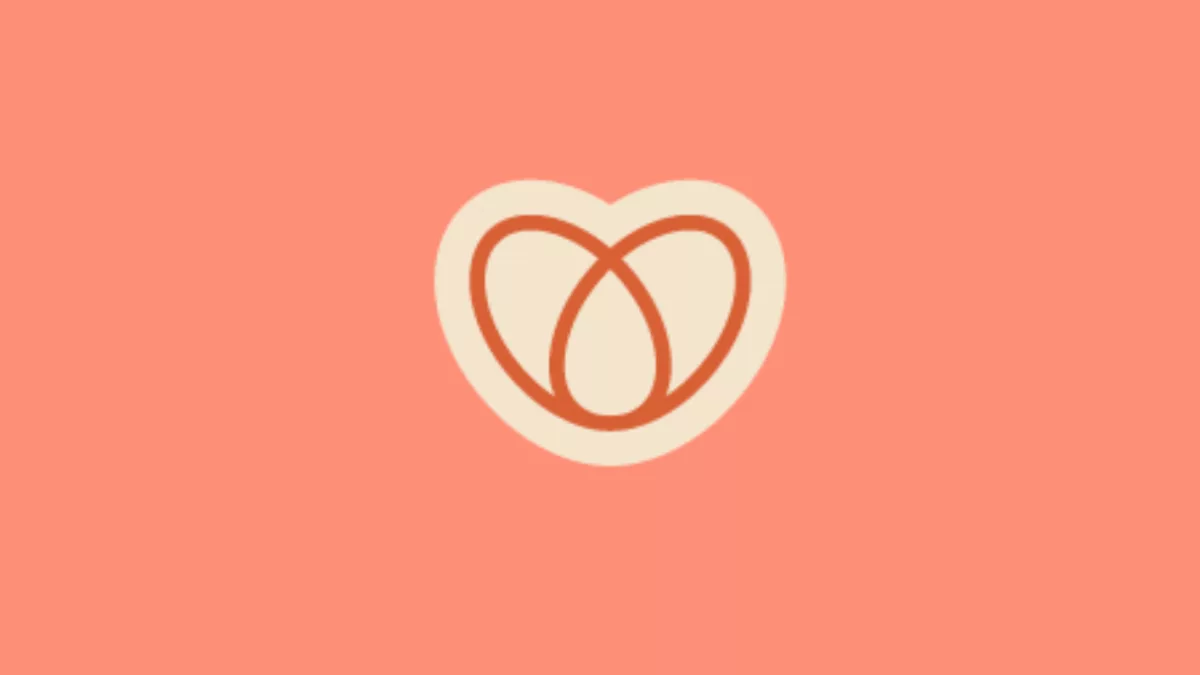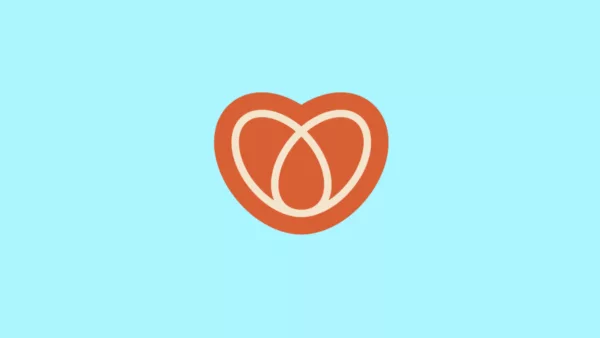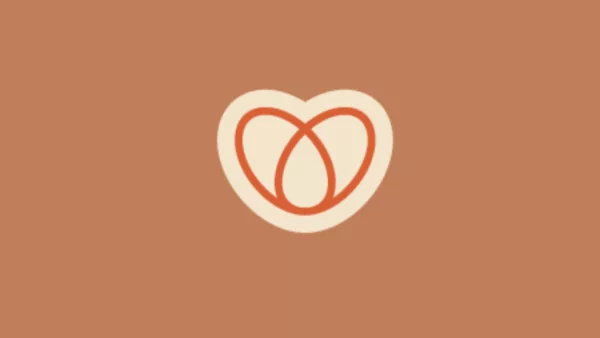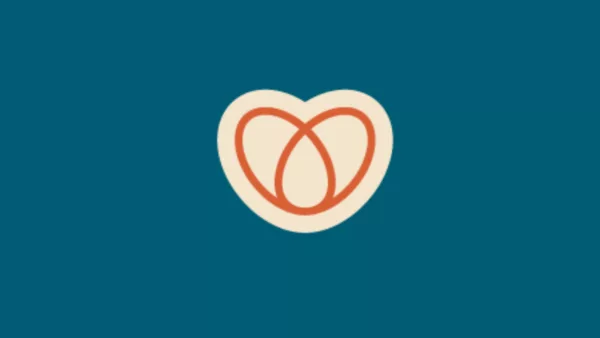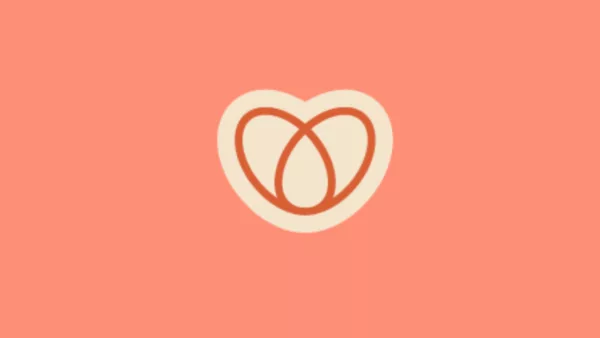We spoke to Tayler (who, with Holly, now has nine-month-old Ledger and another on the way!) for her perspective on conceiving a baby when you’re part of the rainbow community.
This LGBT+ fertility story is proudly brought to you in partnership with Capsule x Fertility Associates
Kia ora Tayler! Tell me, how did you guys meet in the first place?
In this modern world it’s no surprise – we met online! We were both looking for friendship in the LGBT community, and in the process of finding a best friend in each other, this amazing connection blossomed.
From the first moment we met, everything felt so natural. We instantly clicked – people said we were like an old married couple – and honestly, they weren’t wrong!
We moved in together accidently when my wife’s flat mates went on their honeymoon and we survived it… and here we are!
And eventually you decided you wanted kids?
Yeah, the thought of children came very early on in our relationship. We both loosely knew what was involved, so we’d brought it up in the first few months of courting.
About a year into it, Holly begun some sneaky research into how long the sperm donor waitlist was and hit me with the facts. This opened up the conversation and we decided we liked the idea of an anonymous clinic donor, and we booked in to have a consult. Fast-forward 28 months later (with me calling the clinic three times a week every week!) we were finally told we were at the top of the list. There are very few donors, which is a real disappointment – that’s why it took so long.
So the choice wasn’t like how we’d pictured it – pages and pages of potential baby genetics to trawl through – but all it took was one profile, and the warm fuzzies were there. It was as if my wife had written the answers to some of these questions! So, we clicked go. With my wife being older (only slightly) and in a much better place in her career, we decided she should try for our first. We both always liked the idea of carrying a child and having one (at least…) who was genetically linked to each of us.
Did you ever think there was a possibility that you might not have children, based on your sexuality and being part of the LGBT+ fertility journey?
ABSOLUTELY NOT. We have pretty unique views on being LGBT (we think!) In a sense we don’t like to identify as part of any special community, because we don’t see ourselves as any different from any other people in love or any other individuals longing for dependents to depend.
So, from that point of view, there was never a thought that we wouldn’t create our own precious family. A sport coach once told me ‘Never give them a grey area’, so from this point of view, we made everything black and white when it came to this very important journey. We made decisions very early on (probably before we were ready to) to give us the luxury of time, we went without a lot of niceties in life to make sure we had the funds available when needed, and we changed our lifestyles to give us the best chance physically of conceiving.
The Virgo in me had a plan A, B,C, D and probably E.
Why did you decide to go down the anonymous sperm donor pathway and IUI (Intra Uterine Insemination) for your LGBT+ fertility journey?
I know private, known donors is for some people, but not for us. We never questioned the use of an anonymous clinic donor. We wanted this journey to be our own and not us (and him). Before we had our daughter, I thought maybe down the line I’d like to write a letter to thank him for changing our lives and letting us experience the kind of joy we never imagined. I don’t know now, we will see where our thoughts take us as our family grows.
IUI, financially, seemed like the best option at the start. In hindsight, it wasn’t, and you just can’t be told at the time by a doctor either. We had to forge our own way through this and make the mistakes we made. Fertility is one of these areas that you just have no idea what your situation is until you start. We thought my wife might get pregnant easily and that just wasn’t the case… you just make decisions as you go and that is life. We wouldn’t change it now for anything.
And did you need to use any of those back up plans?
Oh yeah – we had real ups and downs. Given we were both young and healthy, we decided IUI should be adequate. My wife attempted IUI SIX TIMES. In this course we had her hormones throwing us curve balls left and right, a partially blocked fallopian tube, around $15k of savings spent, treatment cancellations due to Covid and, most heartbreaking of all, the negative pregnancy tests.
But on the sixth IUI that positive test came back. We both felt a bit weird from the start, but the seven-week looked normal. The day of the 12-week scan came and I had been discussing with a colleague (without her knowing I had a pregnant wife at home..) about missed miscarriage. My heart sunk when I heard her say the words because I think deep down I knew something wasn’t right. OF COURSE I said nothing to my wife, but unknowingly she had the same dodgy gut feeling.
Sure enough, there was no heartbeat at that scan and despite this foetus never making it past any critical development, it still really, really hurt. Karma (we are good people I swear) decided to dump a bucket of fire ants into this wound by declaring this was also a molar pregnancy… with the risk of cancer developing from rogue cells. This diagnosis is something that my wife now carries and involves extra testing following any more pregnancies to ensure these cells don’t get nasty.
What an ordeal – how did you know where to go after this?
Following this, my wife had a few months to recover from the D&C and also for these extra tests to ensure she was all good, and one day in the kitchen she said, “would you like to try?”
I’d been thinking it but didn’t want to say anything, because I didn’t know if, emotionally, we would hold up. But we were both longing for this family so deeply that the decision was made to move forward. Knowing the process and how it went now with IUI again. My loving wife said she might be slightly peeved if I fell pregnant instantly – so of course that first IUI was successful. Man, this journey tests your relationship in so many ways! But we were both stoked.
I carried our daughter through to 39 weeks, when she scratched her way through the amniotic sac and earned herself an induction, and finally, we were parents! But that’s not all that was going on.
What else could have possibly been going on!?
The parallel story to this is the one where my wife became eligible for public funding due to her blocked fallopian tube, and was taking her fertility meds quietly in the corner while I was labouring. We kind of thought, look, timing might not be ideal, but let’s get her egg collection done so there wasn’t that stress with a newborn in the house.
With her previous struggles in our heads, at the earliest opportunity that seemed practical, we lined her up for a frozen transfer. Karma (I don’t know whether I love or hate this guy) would have it that she had a positive pregnancy first time of this round. Aaaand, she’s now 34 weeks and we’re looking at an 11-month gap between the babes!
Oh my GOSH – congratulations! How are you guys feeling about two under… one!?
Maybe we’re crazy but to be honest, we’ve survived the above together so we can do anything. The upside is that because our first baby was such a challenge (just the basics, she didn’t need sleep or food apparently), the universe will equal it all out and this next one will be a dream. Don’t even tell us differently, we’re peacefully delusional!
What was the hardest part of the LGBT+ fertility journey for you guys?
For a same-sex couple is that the system works on equality… everyone gets the same help. Which is cool if you’re a hetero couple with a fertility issue – I do thank the public health system for funding ANY fertility treatments. But it’s a bit rubbish though if you then need to privately fund your way to either a child, or proof that you need those sweet, sweet public health system dollars.
Obviously, physically, there was various hurdles to jump… one being the critical wee swimmers. Apparently our parents thought children might not be in our future plans, and we haven’t broken it to them yet that we want a squad… we do have 12 embryos left!
Did you ever have any moments where you felt like it was too hard?
Totally. Our entire focus from 2018, when we went on the sperm donor waitlist, until June 2022 when our daughter was born was all consumed with fertility. I feel like our relationship went on the backburner – we put aside personal goals all for the sake of this picturesque family. I guess that hasn’t changed, but I truly believe that’s why the second attempt at this for my wife went so smoothly. We were SO distracted by our daughter that there was no time to stress and fixate on what will or won’t be.
Stress is a HUGE factor in fertility struggles… and often we hear stories of people falling pregnant once the pressure is off. At the time though, the journey is all consuming.
You are already mums to Ledger, with another one on the way! How has being parents changed you?
My wife can’t believe how chill I’ve become, given she married a control freak… and I can’t believe her lack of chill in regard to certain aspects of parenting! She cares so much for our daughter even though there is no biological link. That’s something that really surprised us. We never knew how this journey would go emotionally with having a child that wasn’t biologically ours. We’ve discovered though that the love is as deep regardless. We’re feeling very rose-coloured about number two as well. I don’t know why; our daughter woke every 90 minutes through the night for five months [laughs] Too soon to turn this into a joke?
I reckon in those times, if you don’t laugh you cry! What advice would you give to other LGBTQ+ people who are wondering how they might have a baby?
Don’t ever question your deserving-ness (is that a word?) to become a parent, or your ability to parent based on these labels. Society loves a small box or a label to put people in. I know obstacles look different to each individual and we were lucky that our required swimmers can come in lovely, concentrated globs from one man, one time. I can see how it could be so disheartening in other situations where the obstacles involve a uterus or eggs.
Both of us have thought about becoming egg donors or surrogates once we’ve finished our tribe (if they’ll have us) because we know the gift of a life is the one of the greatest feelings and sometimes the challenges can seem unsurmountable.


